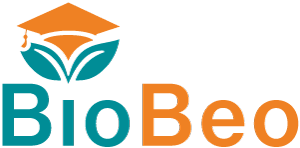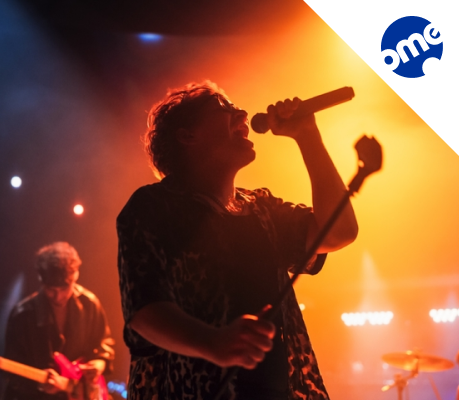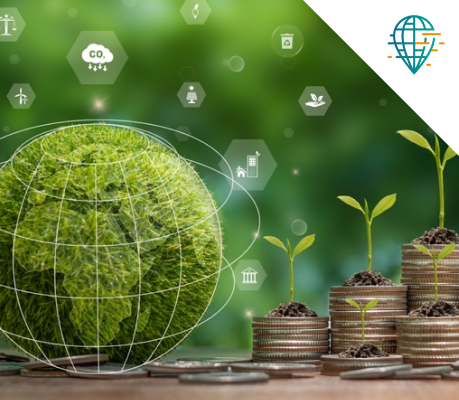 https://www.synyo.com/wp-content/uploads/SYNYO-NEWS-featured-image-NEW01007705EN.png
400
459
leo
https://www.synyo.com/wp-content/uploads/2017/09/synyo-logo.png
leo2025-01-01 10:47:112025-02-10 10:48:51BOND: Outcomes in Advancing Education, Tolerance and Heritage Preservation to combat Antisemitism
https://www.synyo.com/wp-content/uploads/SYNYO-NEWS-featured-image-NEW01007705EN.png
400
459
leo
https://www.synyo.com/wp-content/uploads/2017/09/synyo-logo.png
leo2025-01-01 10:47:112025-02-10 10:48:51BOND: Outcomes in Advancing Education, Tolerance and Heritage Preservation to combat AntisemitismBioBeo

BioBeo: Development of new boardgames about the Bioeconomy
BioBeo.eu is a two and a half-year project with 15 partners with the aim to develop and deploy an education programme to enhance engagement across society regarding lifestyle, circularity and bioeconomy. To spread the message, new materials have been developed to reach the community in a playful manner.
Within the last year, the project has made much progress. Partners were committed to promoting the bioeconomy concept and the co-creation of the programme. Until finalisation, the project is eager to spread awareness and information about the background, idea and development via various sources. As BioBeo aims at especially a younger audience, many materials have been developed to fit a playful approach. In that regard, three board games were developed.
“Resource don’t go”
The board game Resource – Don’t Go! was developed by international students as part of a summer school on the topic “How is bioeconomy going to shape our world?” at the University of Hohenheim. Under the scope of the BioBeo EU project, it will be played in schools all around Europe to teach students of two different age groups (5-8 and 15-18) about solutions and challenges of bioeconomy.
There are two different cards in the game which provide solutions for a future that is determined by a sustainable and circular bioeconomy and challenges still to be solved that hinder the transition towards a sustainable and circular bioeconomy. The aim is to make the game much more effective by collecting these solutions and challenges based on suggestions from several stakeholders including innovators, researchers, and citizens – so that the students will learn bioeconomy from a comprehensive point of view and with concrete real-life examples.
“The Choko Chase”
The Choko Chase displays the complications of chocolate manufacturing in its environmental aspects. The idea of the game is to be economical and sustainable while being playful and educative at the same time. To keep the essence of sustainability and circularity intact, we will try and implement the formula of the 4 R’s: Reduce, reuse, recycle and re-introduction.
Each player is granted a certain amount of sustainability points, water and electricity units. Throughout the game, players explore the fascinating world of how to manufacture chocolates, from the beginning of the bean to the final product. They then can choose different possibilities within the seven stages on how to they want the process to be undertaken, create chocolate. The game continues until all players reach the end of the chocolate production cycle. The player with the most learning achievements and successfully produced sustainable chocolates wins.
“Want not, waste not”
Want not, waste not is a board game about reducing food waste. Each player starts with 3 pieces of food waste and one token to move around the board. Players move around the board and answer questions correctly to get rid of their food waste in useful ways!
Depending on where they land, they will have to pick up a card and answer questions regarding food waste management. If they answer correctly, they can dispose of a piece of food waste. If they answer incorrectly, nothing happens. The first player who disposes of all their food waste pieces first wins.
The three boardgames are just a few of the outcomes that were co-developed or designed within the BioBeo framework, aside from comics, a podcast, various information materials and more. As the project is slowly moving into the next stage of actively engaging its stakeholders, they are expected to serve as a solid base to disseminate the project ideas about the bioeconomy further.
Keywords
Circular, Youth, Teenager, Children, Future, Development, Sustainability, Challenge, Competition, Citizen Engagement, Forestry, Water, Interconnectedness, Outdoor Learning




